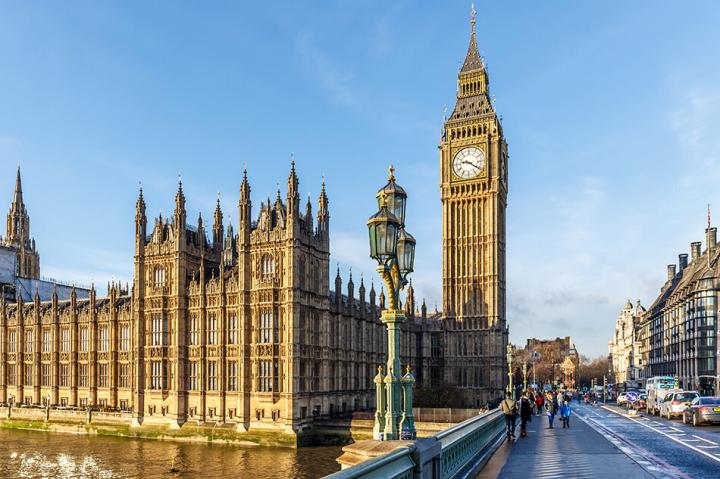Understanding Martyn’s Law and the protection of public premises

On 3 April 2025, the Terrorism (Protection of Premises) Act 2025 (commonly referred to as ‘Martyn’s Law’) was approved as new legislation.
Its aim is to strengthen the security of public premises and events by requiring those responsible for certain premises and events to consider how they would respond to a terrorist attack.
In this article, Pippa Garden, trainee solicitor in our real estate team, outlines the new legislation.
Implementation of the new legislation
The Government intends to have an implementation period of at least 24 months to allow those responsible for premises and events to understand their obligations, plan and prepare (although the Government has said that guidance will be published “in due course” to assist in understanding the requirements set out in the legislation).
Once in place, the legislation will be enforced by a regulator established through a new function of the Security Industry Authority (SIA).
Who might Martyn’s Law affect?
Premises
The legislation will apply to premises:
- of at least one building;
- wholly or mainly used for one or more of the uses specified at Schedule 1 of the Act;
- that would reasonably expect 200+ individuals to be present, at least occasionally; and
- that are not excluded under Schedule 2 of the Act.
A premises which may reasonably expect 800+ individuals will be subject to enhanced duty premises requirements unless the Act says otherwise.
Events
For events, the legislation will apply where:
- the event will take place at premises that fall within section 3(1)(a) of the Act, including land without buildings, but that are not enhanced duty premises;
- the relevant premises are accessible to members of the public for the purpose of the event;
- it is reasonable to expect that there will be 800+ individuals present for the event;
- there will be measures to check entry conditions are met; and
- the event is not excluded under Schedule 2 of the Act.
Who is responsible for ensuring compliance with Martyn’s Law?
In the context of premises, the person who has control of the premises in connection with its main Schedule 1 use will be responsible for ensuring compliance with the legislation.
Similarly, for events, it will be the person who has control of the premises at which the event will be held.
Where the responsible person is not an individual, a senior individual with the responsibility of ensuring compliance must be appointed.
Requirements of Martyn’s Law
Standard duty premises
For premises where 200-799 individuals may be present at the same time, the responsible person will have to:
- notify the SIA of their premises; and
- so far as reasonably practicable, have in place appropriate public protection procedures.
The public protection procedures do not require physical measures to be put in place but rather a plan that should be followed by those working at the premises in the event of a terrorist attack.
They are intended to reduce the risk of physical harm and may include evacuation, invacuation and locking down premises.
These procedures could be delivered through training, raising awareness and publishing sufficient information.
Enhanced duty premises
There are additional requirements for premises/events where more than 800 individuals may be present at the same time.
In addition to the measures set out above, enhanced duty premises/events will additionally be required to have in place (so far as reasonably practicable) appropriate public protection measures to reduce the vulnerability of the premises/event and minimise the risk of physical harm caused to individuals should an attack occur at the premises/event or nearby.
These measures need to be documented, and a record (along with an assessment) submitted to the SIA.
This legislation will be relevant to a range of industries including the leisure, entertainment and tourism industries as well as some places of worship, health and education.
Those operating in these industries should be aware that they may fall within the scope of the Act and if they do, what their responsibilities/obligations may be.
Find out more, download our FAQs in PDF format.
For more information, or if you need advice, contact our real estate team today via 0191 211 7777 or [email protected].
